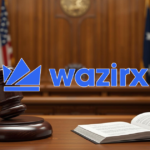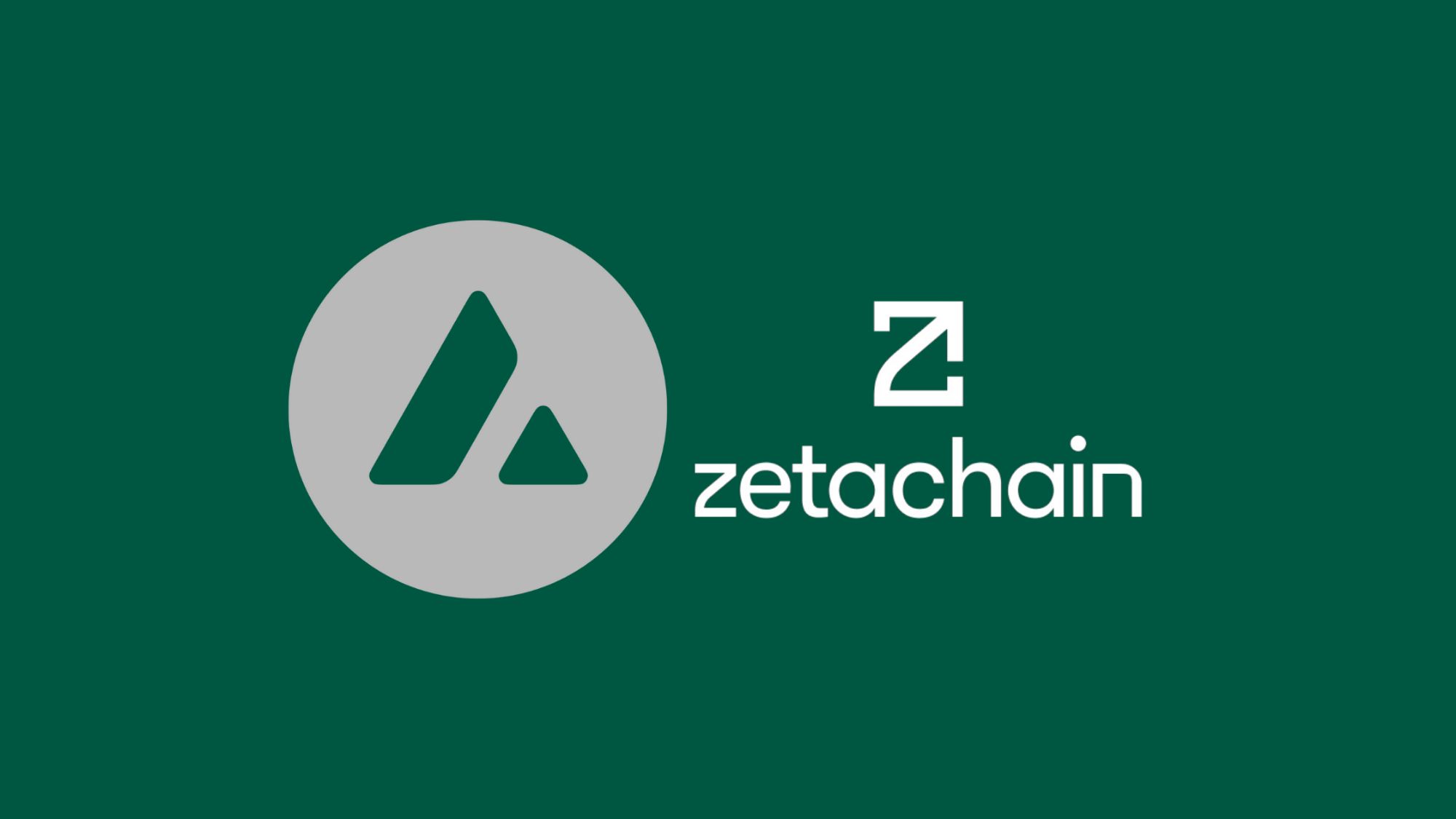
On April 11, 2025, a significant regulatory hurdle was lifted for Nova Labs, the team behind the Helium blockchain, as the U.S. Securities and Exchange Commission (SEC) dropped its claim that the project’s tokens—HNT, IOT, and MOBILE—were unregistered securities. The decision, announced on X, marks a pivotal moment for decentralized infrastructure projects navigating the murky waters of crypto regulation. But while the token classification ruling is a clear victory, Nova Labs still paid a $200,000 fine to settle separate fraud charges, raising questions about the broader implications for Web3 innovation.
Helium, a decentralized wireless network leveraging blockchain to power Internet of Things (IoT) and mobile connectivity, has long been a darling of the crypto community. Its model incentivizes users to deploy Helium Hotspots—devices that provide wireless coverage—while earning rewards in HNT, the network’s native token.
According to Helium’s official site, HNT serves as the ecosystem’s financial engine, with IOT and MOBILE tokens facilitating data transfer and network rewards. The SEC’s initial allegations, filed in January 2025, claimed these tokens were securities, a classification that could have stifled Helium’s growth by imposing stringent compliance requirements.
The SEC’s reversal on the securities claim, detailed in a CoinDesk report, removes a major legal uncertainty for Helium and similar projects. “With this chapter closed, Helium can now accelerate adoption & real-world innovation,” Nova Labs stated in a public response shared on X. The settlement also saw the SEC drop two additional claims of securities law violations, a move that could set a precedent for other decentralized networks. For context, the SEC has historically taken a hard stance on token classifications—think of the Ripple case, where XRP’s status as a security remains a legal battleground since 2020.
However, the $200,000 fine Nova Labs agreed to pay isn’t without controversy. The SEC accused the company of misleading investors by exaggerating partnerships with major brands like Nestle, Salesforce, and Lime, according to the settlement agreement. Nova Labs neither admitted nor denied the allegations, but the fine underscores a recurring challenge in Web3: balancing ambitious marketing with regulatory scrutiny.
Sarah Aberg, Nova Labs’ Chief Legal Officer, told CoinDesk that the company couldn’t comment on the claims but emphasized that Helium’s data usage has always been publicly verifiable—a nod to the transparency blockchain enables.
For the broader crypto ecosystem, this ruling could be a turning point. Decentralized physical infrastructure networks (DePIN), like Helium, aim to disrupt traditional telecom models by using blockchain to incentivize peer-to-peer connectivity. A 2019 Hackster article highlighted Helium’s early vision: a wireless network for IoT devices free from centralized telcos, powered by a custom blockchain protocol. The SEC’s decision to not classify Helium’s tokens as securities means projects in this space can now operate with less fear of regulatory overreach, potentially spurring innovation in areas like decentralized 5G or IoT scaling.
But the victory isn’t absolute. The fraud settlement serves as a reminder that regulators are still watching closely. Projects must tread carefully when promoting their vision—exaggerated claims can lead to costly penalties, even if the core technology is sound. For Helium, the path forward looks brighter: its tokens are free to function as utility assets, and the network can focus on adoption.
On-chain data from Helium’s explorer shows steady growth in Hotspot deployments, with over 900,000 nodes globally as of early 2025, a testament to its real-world utility.
What does this mean for the average crypto enthusiast or curious newcomer? If you’re holding HNT, the regulatory clarity likely boosts its long-term potential—tokens free from securities baggage are more attractive to institutional players. For the wider Web3 space, this case signals that regulators might be warming to the idea that not all tokens are securities, especially those with clear utility in decentralized systems. Still, the fine is a cautionary tale: transparency and honesty in communications are non-negotiable.
As Helium moves past this regulatory chapter, the crypto community is left to ponder: could this be the spark that ignites a new wave of DePIN projects? With legal clarity on one front, the stage is set for Helium to prove its model—connecting the world, one Hotspot at a time. But in the ever-evolving dance between innovation and regulation, only time will tell if this win is a stepping stone or a rare exception. What’s your take—will Helium’s breakthrough pave the way for others, or is the SEC’s leniency a one-off? Share your thoughts below.
















 Join our Telegram Channel
Join our Telegram Channel